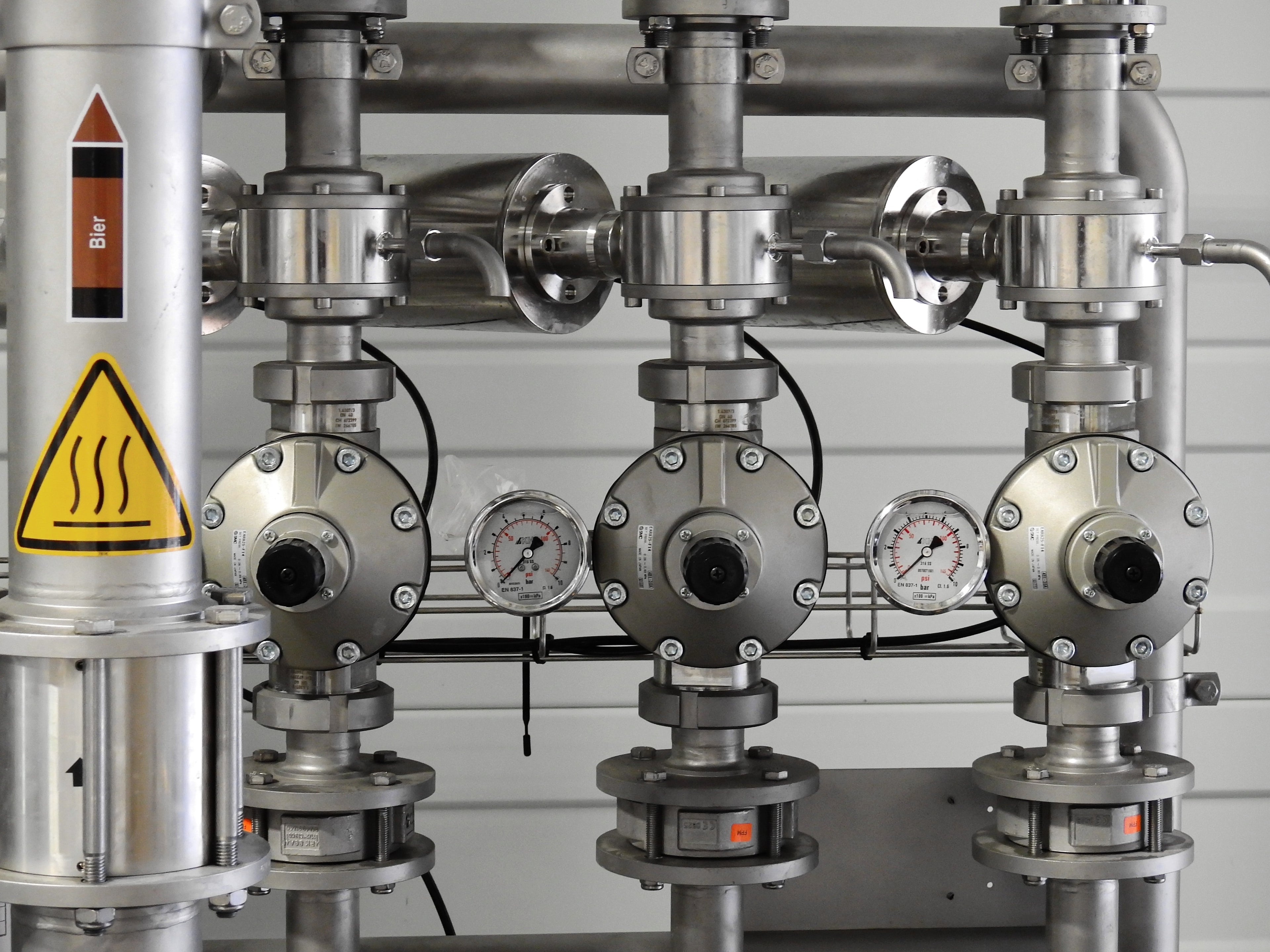A lot of homeowners do not realize the importance of septic tanks risers, when they are attempting to maintain septic tanks. These small, yet vital parts provide convenient access points to the septic tank, making regular inspections, pumping and other maintenance tasks a lot simpler. Installing risers to your septic tank you will eliminate having to excavat the ground each when a service is needed. It can save you time and cash, and also decreasing the disturbance to your landscape. The risers on tanks for septic also decrease the chance of injuries or accidents that occur during maintenance because they provide a secure access point to the tank.
Effluent management is another critical aspect of maintaining a healthy septic system. Effluent refers to the liquid waste that drains out of the septic tank and into the drain field for further treatment. The combination of bacteria, organic matter and water are known as effluent. The solid particles in the effluent can be able to settle at the bottom of the tank over time, and develop into a sludge-like layer. If this sludge doesn’t get removed promptly, it may build up over time, block the system and lead to backups, bad smells and possibly damage to the drainfield. Regular pumping and the management of effluent ensure that the tank functions efficiently, preventing blockages and prolonging its life.

A proper draining of your septic tank is crucial to its functionality. When wastewater leaves your home and enters the septic tank it is subjected to a natural separation process. Solid waste settles on the tank’s bottom, while lighter materials and oils can float to the top and form the scum layer. The effluent (the liquid remaining in the tank) exits and flows into the drain field to be treated and then absorbed by the soil. A properly designed drainage system will allow effluent to flow without issue, which will prevent back-ups and flooding. It is crucial to keep the drainage pipes clear of roots, debris and other obstructions that could cause obstruction to the effluent. Regular inspections and maintenance of the drainage system may prevent expensive repairs and environmental contamination.
The septic system you choose for your home can have an effect on the hygiene and performance of your home. There are many options out there. It’s important to think about a number of factors before you make your decision. The dimensions of the tank need to be determined by the water usage of your residence and the number of persons living there. If you have a large family or property with frequent guests, a larger tank is needed. Think about the materials that will be used to construct the tank. Concrete, plastic and fiberglass are the most common selections. Each has advantages and disadvantages in relation to their durability, price and maintenance. Also, make sure to verify any local requirements as well as regulations regarding the setting up of septic tanks. You should choose a tank to meet the standards required and complies with all guidelines.
Get a professional installer for septic systems who can evaluate your property and provide expert suggestions based on the topography and soil conditions. By taking note of these factors and other factors, you can select the septic tank that best suits your home’s requirements and will provide a safe and efficient water management system.
The correct functioning and maintenance of septic tanks, effective management of effluent, installing risers and ensuring that the drainage is proper are all essential elements of an efficient and safe septic system. Septic tanks are the primary treatment system for wastewater generated by households, while effluent control makes sure that the treated liquid waste is disposed of securely. Risers allow easy access to the septic tank making maintenance tasks less stressful and safer. A proper drainage system ensures a steady flow of effluent as well as preventing breakdowns in the system. By prioritizing these elements and adhering to regular maintenance guidelines homeowners can ensure the longevity, efficiency and sustainability of their septic systems. This will ensure a safe and healthy living environment for all.